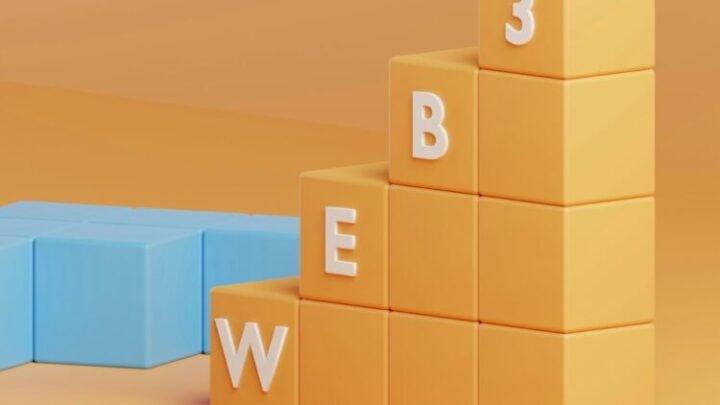Decentralized Marketplaces: The Future of Online Commerce
The way we buy, sell, and trade online is changing — and it’s about time. 🌍 Why Centralized Marketplaces Aren’t Enough Anymore For years, online marketplaces like Amazon, eBay, and Etsy have made buying and selling simple. But there’s a catch: you never really own your store or data. Fees, account restrictions, and sudden policy changes can affect sellers and buyers alike. People are looking for something different — control, transparency, and fairness. That’s where decentralized marketplaces come in. Unlike traditional platforms, decentralized marketplaces let users trade directly with each other. No middleman. No hidden rules. Just secure, peer-to-peer transactions powered by blockchain technology. 🔗 How Decentralized Marketplaces Work Decentralized marketplaces rely on smart contracts, which are self-executing agreements on the blockchain. This setup ensures: Platforms, built on the BLOCKCHAIN, are showing how this technology makes trading safer, faster, and more reliable. ⚡ Benefits of Decentralized Marketplaces 💡 Why This Matters for the Future of E-Commerce The internet is evolving from Web2, where companies controlled everything, to Web3, where users finally reclaim ownership. Decentralized marketplaces are at the forefront of this shift: Soon, this model won’t just be an alternative — it will be the standard. part of the future of trade. 🧭 The Bottom Line Decentralized marketplaces aren’t just a trend. They’re the future of online commerce. With platforms like Buzzar, the power is shifting back to the users. Transparent, secure, and global trading is no longer a dream — it’s here. 👉 Check out Buzzar and see how decentralized commerce works today.


